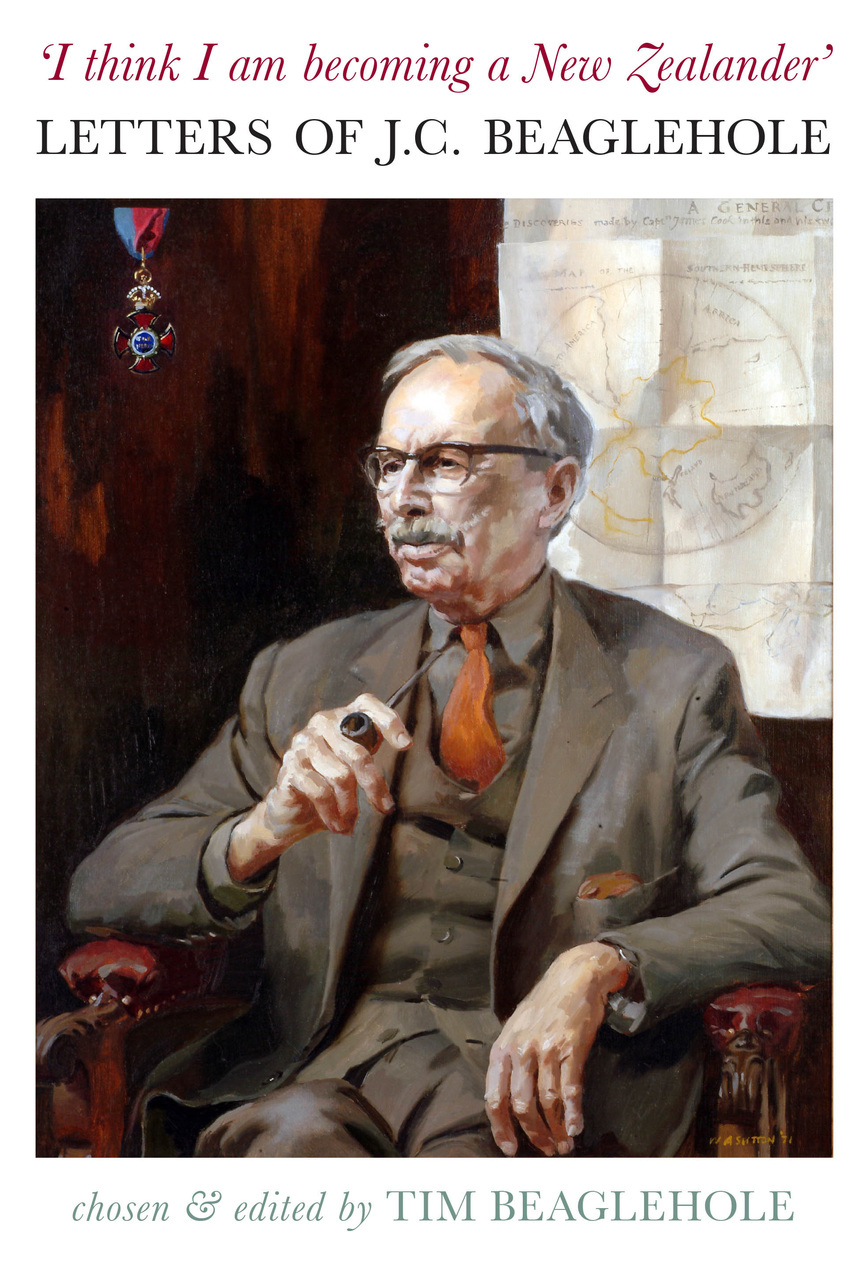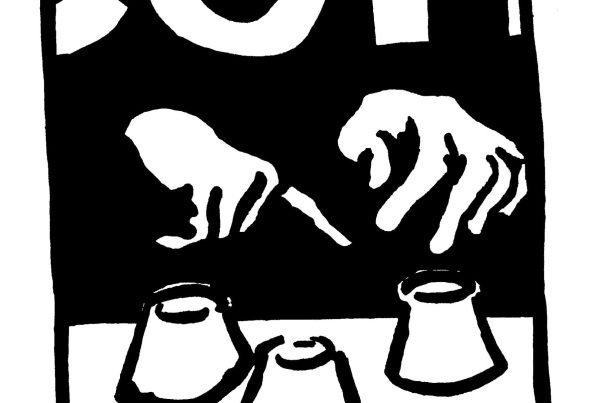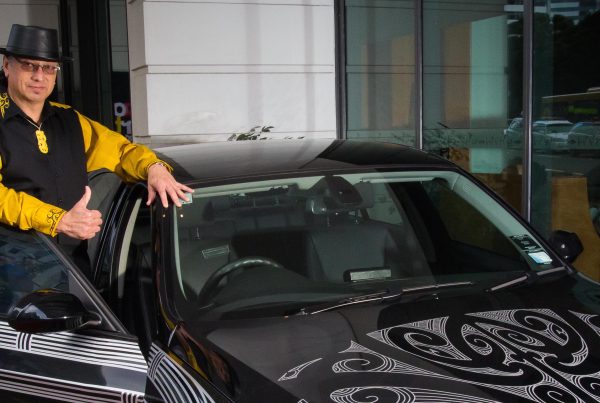Is fiction writing inherently subversive? Surely it’s a daring proposition, to stake claim on the contested space between page and eye – and doubly audacious to offer to fill that space with words everyone knows aren’t even factual, and which we thus hold to a far higher standard of Truth. To make that title page contract with an author is to court a novelty never entirely sterile.
But stories can just as easily affirm as subvert. A tale overheard might compel us to change our behaviour, chip away at calcified values that no longer serve – or, like many hero-stories, it might reassure us that the ways that got us this far are fundamentally the right ones.
When Eleanor Catton won the Man Booker Prize for The Luminaries this year, Prime Minister Key tabled a motion in Parliament recognising “a hugely significant achievement on the international stage for a New Zealander”. Key wasn’t alone in suggesting that Catton’s achievement should be celebrated with all the vigour of a national sporting win.
Catton herself invoked the language of Lewis Hyde, whose work of non-fiction The Gift explores the role of creativity in bridging the gap between (monetary) value and (cultural) worth. Elsewhere, in Trickster Makes this World, Hyde makes the case for artwork as the ultimate disruptive technology: an invisible tool to slip “between the gaps” of language and culture, prying open spaces for the seeding of novelty.
Our Ellie might have brought the Man Booker Cup home for New Zealand, but her truly subversive artwork has been to pry open that gap for writers and readers: to make space for something larger and more intricate – as much a challenge as it is a reward.
Elsewhere on the novelty beat, three of Wellington’s foremost purveyors of same have joined forces to suggest that you (or someone you know) might like to try something a bit different. The Culture Vulture voucher, which by now should be filling out plenty of wallets and gift packages, is the initiative of Aro Video’s Andrew Armitage. Together with Slow Boat’s Dennis O’Brien and Unity Books’ Tilly Lloyd, Armitage hopes that the three stores’ interchangeable $25 tokens will sound a fresh note in a gift-giving season often soundtracked by a sheepish chorus of “sorry, didn’t know what you’d like”.
“You could say we’re localists,” suggests Lloyd: “We share a now subversive appreciation that not everything important happens online.” She delights at the thought of someone unwrapping a Vulture or two, walking up the road and picking up some vinyl from O’Brien, or a few discs from Armitage. And why not? As Hyde reminds us, the god of artwork was once the spirit of the untravelled road: the first and final frontier of subversion, of unsettlement, of the new.
[info]December Book Recommendations

Rachel O’Neill
(Hue & Cry Press)
O’Neill delivers poetic meter in deceptively prosaic short-short-story chunks, imbuing the mundane with an absurdist flourish and exploring cuttingly contemporary questions of gender, family and queer identity-theory within a milieu of fourth-period biro doodling.
‘I think I am becoming a New Zealander’: Letters of J.C. Beaglehole
Edited by Tim Beaglehole
(Victoria University Press)
John Cawte Beaglehole, one Grand Old Man of Wellington, nurtured a zeal for correspondence as fervent as his curiosity into the then nascent national character. Beaglehole the Younger’s new offering is an epistolary portrait of the father to sit alongside his acclaimed 2006 A Life of J.C. Beaglehole.
[/info]





